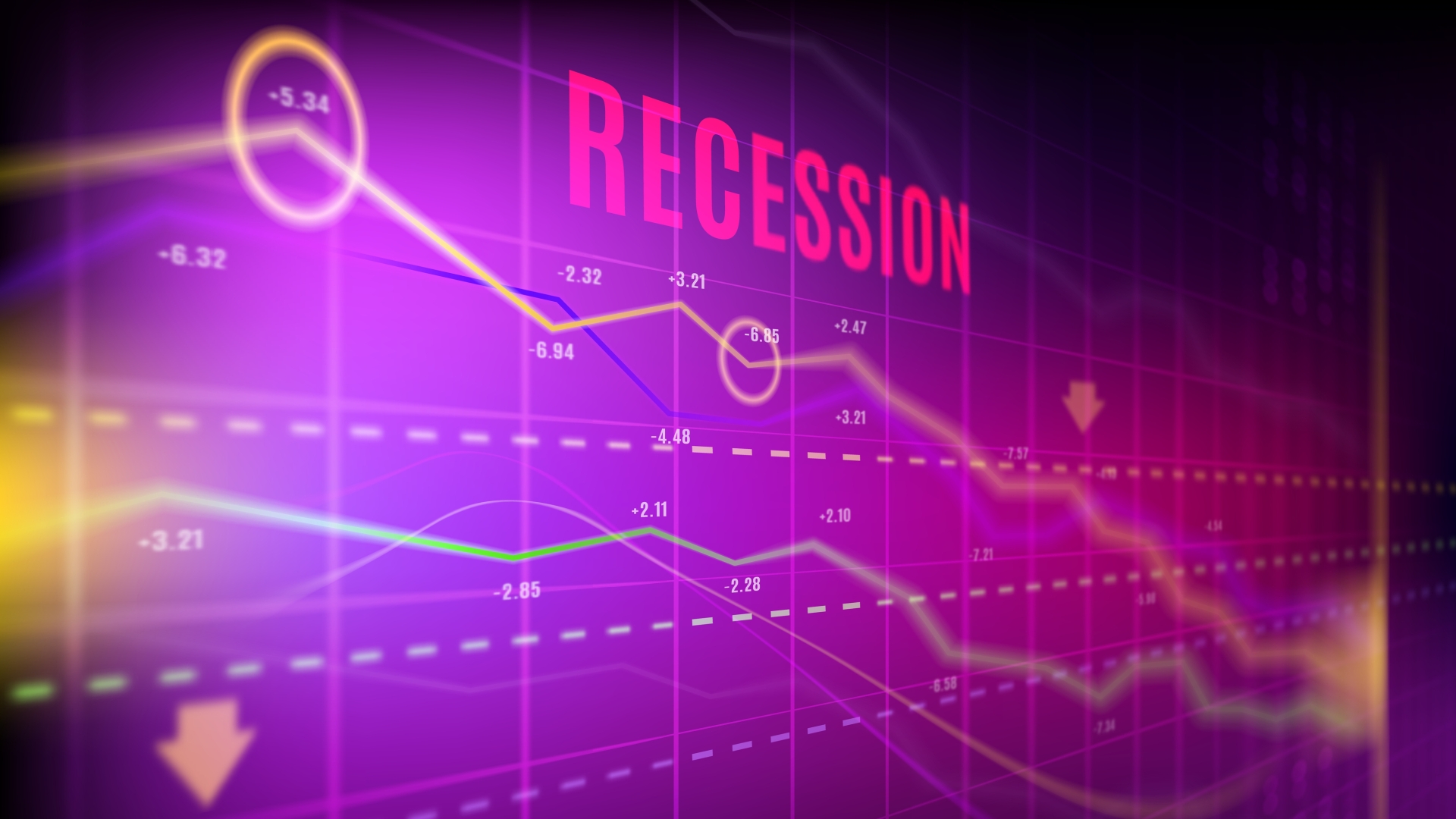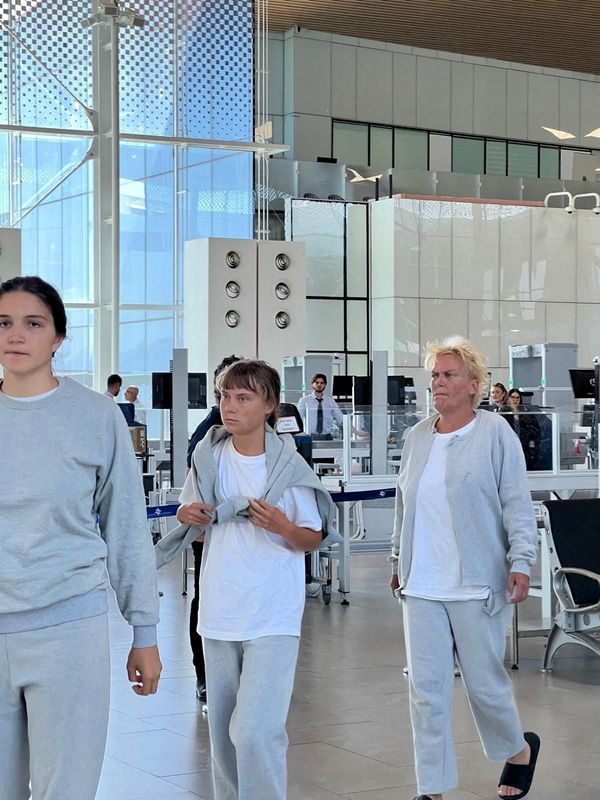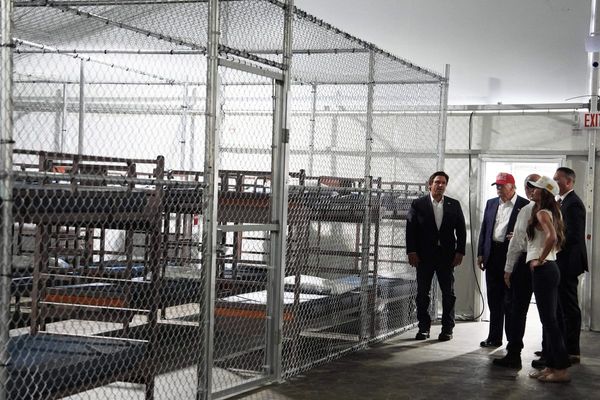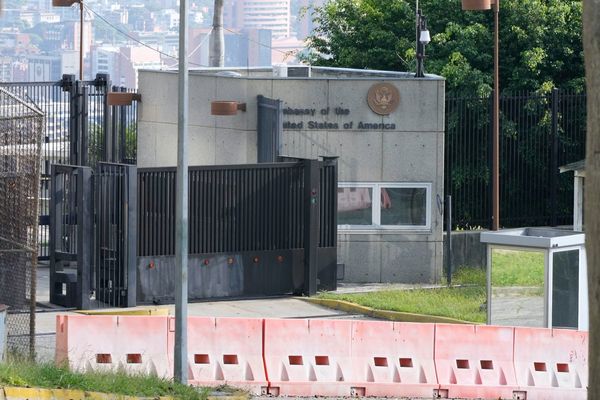
You’re a cool-headed, savvy person. You don’t make decisions — especially about issues as important as your personal finances — based on vibes. Yet you can’t help but notice that the vibes haven’t exactly been, well, vibin’, as of late. The stock market is doing an impression of a roller coaster. The prices of many goods are steadily rising.
Find Out: I Asked ChatGPT If a Recession Is Coming Soon — Here’s What It Said
Read Next: 5 Types of Cars Retirees Should Stay Away From Buying
Other people are trying to read certain cultural tea leaves to determine if a recession is on the way: They offer anecdotes about visits at salons declining or certain kinds of pop music coming back in vogue. While there are more official benchmarks of a looming recession — in the United States, the private National Bureau of Economic Research (NBER) assesses a variety of factors before indicating that the country is in a recession — there might be some smaller, everyday trends to watch out for. And being knowledgeable now means that you can work with your financial advisor to plan for a potential recession.
What’s Old Becomes New Again
As special projects editor and financial analyst at National Business Capital, Chris Motola does a lot of thinking about financial trends. He’s seen the collective mood tilt toward a “vibecession.”
“I think it’s fair to say that when you see a cultural attitude swing, people are reacting to something real, even if it doesn’t necessarily correlate to easily identifiable metrics, which, in all fairness, are often lagging indicators themselves,” he said.
One reaction he’s on the lookout for involves diverging attitudes toward conspicuous consumption. More ostentatious displays of wealth from a shrinking ultra-wealthy (or wanting to look like it) population can clash with everyone else’s economic anxiety, which takes form as a return to frugal habits or simpler pleasures from previous times.
“You might see a kind of pseudo-nostalgia for the culture or habits of previous downturns like the Great Recession, or even the Great Depression — people looking for comfort in the things that got us through the rough times of the past,” he said. “People might take up lower-cost hobbies or be more likely to pool resources rather than emphasize individual style or consumption.”
Explore More: 8 Smart Ways Frugal People Are Living Like There’s Already a Recession
Store Brand Labels Are All the Rage
From rappers to Instagram influencers, it seems like everyone was absolutely wild for designer brands just yesterday. But that has changed, with many shoppers making store brand labels in vogue again.
Steven Jon Kaplan, CEO of True Contrarian Investments, LLC, isn’t surprised by this development. As he assessed trends from past recessions, including the 2007-2009 downturn, he found that buyers eschewed big brands for the store brands.
“In a classically frugal shift, consumers have been increasingly shifting away from well-known brands into store brands, also known as private label, for the same items,” he said.
Data from the Private Label Manufacturers Association backs him up, with the organization finding that, as of June 2025, private label dollar sales increased 4.4% in all outlets when compared to the same period last year, while national brands saw only a 1.1% gain.
Minimalism Makes a Comeback
Remember that time when everyone analyzed whether every item they owned brought them joy? Or when simple clothes were chic? Kaplan sure does, and he said it’s a sign that a recession — which decidedly does not spark joy for most people — could be on the horizon.
He’s not alone in this opinion. Interviewed in Newsweek about quirkier recession indicators, Leah Holm, a marketing manager and influencer who goes by @ladyleahmarie, shared that minimalist trends can also reflect economic anxiety:
“Fashion has always mirrored the times we are living in–economically, politically, and emotionally … We are seeing a shift toward timeless, minimalist styles in response to inflation, job insecurity, and global uncertainty.”
The Return of Recession Hair
There may be some truth to this old wives’ tale. Holm took to TikTok to explore the comeback of a hairstyle dubbed “recession blonde,” wherein bottle blondes would let their dark roots grow out — previously considered a fashion faux pau.
“This trend was the direct result of the economical state of the world at the time. Prices went up, people had less money, much like now,” she said. “The girls who would previously get their roots touched up every four to six weeks didn’t have money to do so, so they let them grow out, and this became a trend.”
Stylists and aestheticians interviewed in Bloomberg confirmed that “recession hair” is very real, with clients going for less expensive treatments and stretching out the time between appointments.
There’s no one cultural “gotcha” indicating that a recession is on the way, but there are some signs that the overall vibes aren’t great. Reading these vibes can empower you to keep doing what you should be doing anyway — working with your financial advisor to have a plan that will keep you secure and growing your wealth in good times and bad times alike.
More From GOBankingRates
- 7 McDonald's Toys Worth Way More Today
- 4 Companies as Much as Tripling Prices Due To Tariffs
- Mark Cuban Says Trump's Executive Order To Lower Medication Costs Has a 'Real Shot' -- Here's Why
- 10 Used Cars That Will Last Longer Than the Average New Vehicle
This article originally appeared on GOBankingRates.com: The Vibecession Is Real: 4 Cultural Clues That a Recession Could Be Coming







